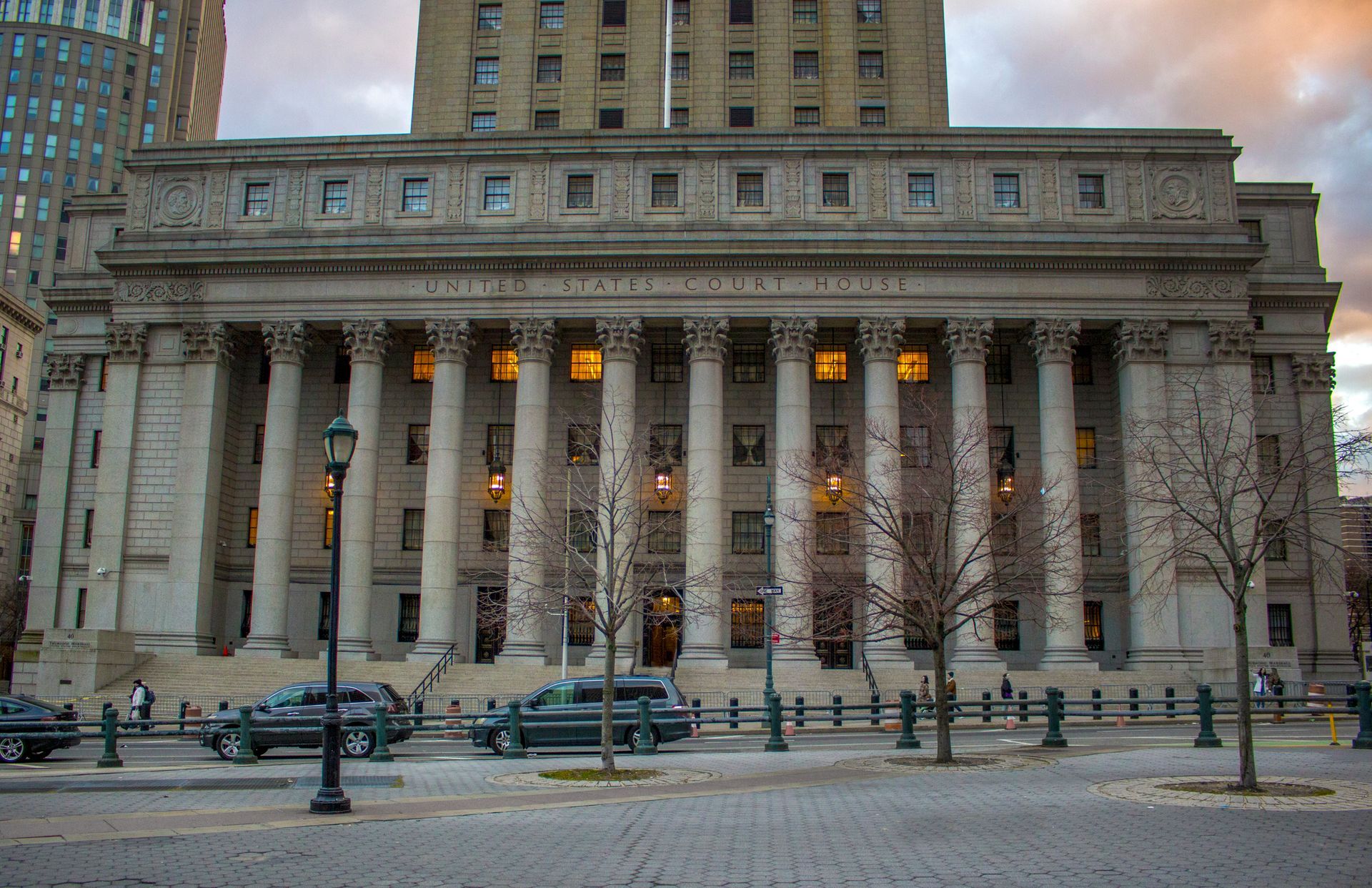
One juvenile case in Milwaukee has recently drawn significant media attention. The case involves a 12-year-old boy facing charges for killing his mother two years ago when he was ten. Reports indicate the boy was angry because his mother refused to buy him something he wanted and woke him up early one morning. Prosecutors say the boy, whose name has not been released to the media, took his mother’s key to unlock a gun case and then used the gun to shoot her.
Initially, authorities charged the boy with first-degree reckless homicide. Later, prosecutors upgraded the charge to first-degree intentional homicide. The boy remains in custody while the court considers whether to try him as an adult or transfer his case to the juvenile system. Many local religious and community groups support this move, arguing that legislators should revise Wisconsin’s juvenile justice laws to be more like those in other states. The court’s decision will affect this young boy’s future and could also lead to significant changes in how Wisconsin handles juvenile cases.
Age and Legal Responsibility in Wisconsin
In Wisconsin, prosecutors can try children as adults for certain serious crimes when they are as young as ten. These crimes include first-degree intentional homicide and first-degree reckless homicide. The state also automatically charges 17-year-olds as adults for all criminal charges. However, lesser charges typically begin in juvenile court. The juvenile court system focuses on rehabilitation and education, offering a better chance for young offenders to reform and reintegrate into society.
Factors Prosecutors Consider for Waiving Cases to Juvenile Court
Prosecutors are responsible for deciding whether to try a child as an adult or move their case to juvenile court. Their decisions can impact the futures of young defendants and their local communities. Prosecutors must carefully consider many elements to keep the public safe while providing juvenile offenders with opportunities for rehabilitation. These factors include:
- The severity of the alleged crime
- The defendant’s age at the time of the alleged offense
- The child’s prior criminal history
- The potential for the child’s rehabilitation
- The circumstances surrounding the alleged offense
- The child’s specific role in the alleged crime
- Input from psychologists and social workers
How Wisconsin’s Juvenile Justice System Compares to Other States
Wisconsin’s juvenile justice system is considerably more strict than the systems in most other states. One significant difference is Wisconsin’s policy of automatically charging all 17-year-olds as adults for criminal offenses, a practice only two other states share. Most states treat 17-year-olds as juveniles by default.
Wisconsin also allows children as young as 10 to face adult charges for certain crimes. Many states set a higher minimum age for adult charges, often around 14 or 15. This lower age threshold in Wisconsin means younger children can face harsher penalties and adult prison sentences.
Other states emphasize rehabilitation and support more strongly within their juvenile systems, offering more resources for mental health, education, and family support. These states aim to address the root causes of juvenile delinquency to prevent future offenses. Wisconsin’s system, while incorporating some rehabilitative elements, leans more towards punitive measures for severe offenses, which has prompted many advocacy groups to call for reforms.
Contact a Wisconsin Juvenile Defense Attorney Now
If your child faces
juvenile charges in Wisconsin, contact
Cohen Law Offices today. We offer a
free initial consultation where we can discuss your case and provide guidance on the best course of action. Our team understands the challenges you are facing and is here to help. Call
(715) 317-5207 to arrange your consultation and take the first step in protecting your child’s future.

